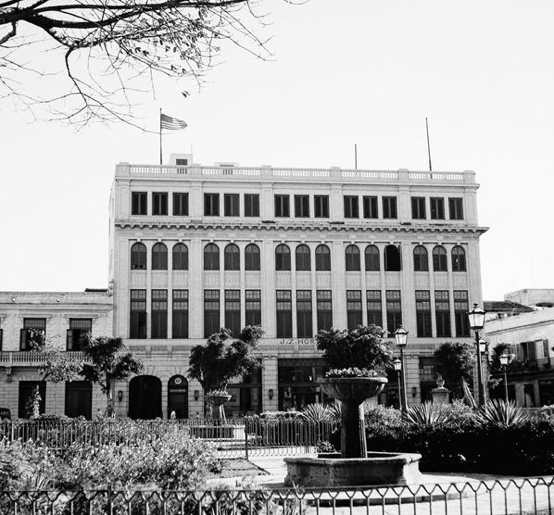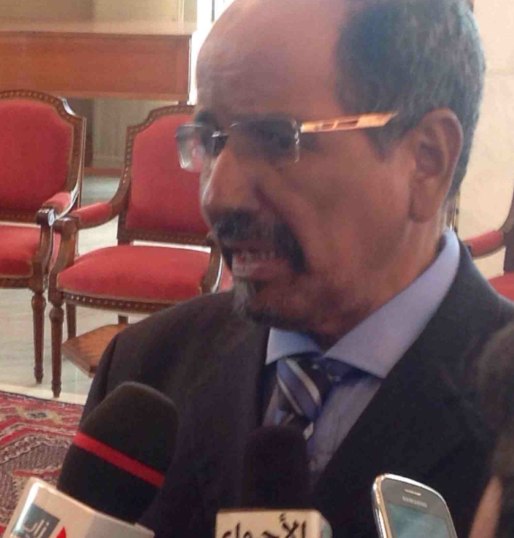Tinduf, Algeria — News about the historic change of relations between the United States and Cuba triggered cheers across the five Sahrawi refugee camps located near this Sahara Desert city located 1,100-miles southwest of Algeria’s capital of Algiers on the Mediterranean Sea.
That news elevated hopes among many Sahrawi that the major changes in relations between the U.S. and its longtime, bitter enemy Cuba would lead to the U.S. pushing for changes with its longtime ally – Morocco.
Morocco is the country that has illegally occupied the Western Sahara, the ancestral homeland of the Sahrawi, since a 1975 invasion. Morocco controls 80+ percent of the Western Sahara, including its mineral rich inland region and coastal fisheries that generate billions of dollars in exports annually -– money that helps fund Morocco’s expensive occupation.
Since 1991, when Morocco and the Polisario Front (which represents the Sahrawi) ended a 16-year long war over Morocco’s invasion, America’s major ally in North Africa has repeatedly reneged on its agreement with the United Nations to hold a voter referendum in the Western Sahara where residents would decide their future through a democratic vote.
“We woke up very happy with the historical announcement of President Obama establishing new relations with Cuba. We hope that Mr. Obama will take another historic position and enforce international law on the Western Sahara. We are tired of waiting,” Adda Ibrahim said.
Ibrahim is the governor of Smara, the largest of the five Sahrawi refugee camps surrounding Tindof. Over 160,000 Sahrawi live in those camps, many ever since they fled Morocco’s 1975 invasion. Other camp residents were forced to flee over the years from Morocco’s brutal occupation of the Western Sahara. All camp residents live in bleak conditions on barren desert land where summer temperatures frequently hit 130 degrees.
 Sahrawi refugee camp in Algeria, and Morocco's not-so-great wall fencing of the Polisario-controlled zone in Western Sahara
Sahrawi refugee camp in Algeria, and Morocco's not-so-great wall fencing of the Polisario-controlled zone in Western Sahara








